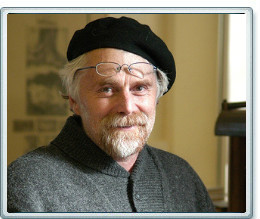Gordon Marino steps into the Doghouse - On Mayweather, Cotto, Pacquiao, Bradley, Floyd Patterson, Angelo Dundee and much more
 By David Tyler, Doghouse Boxing (April 13, 2012) Doghouse Boxing By David Tyler, Doghouse Boxing (April 13, 2012) Doghouse Boxing
-
|
|
|
|
|
|
|
|
|
|
|
© Copyright / All Rights reserved: Doghouse Boxing Inc. 1998-2012
|
|
|



